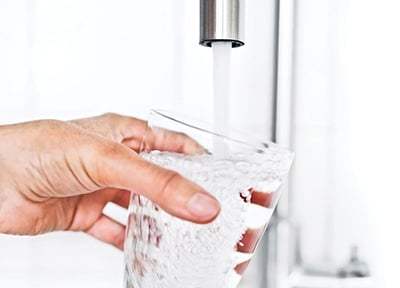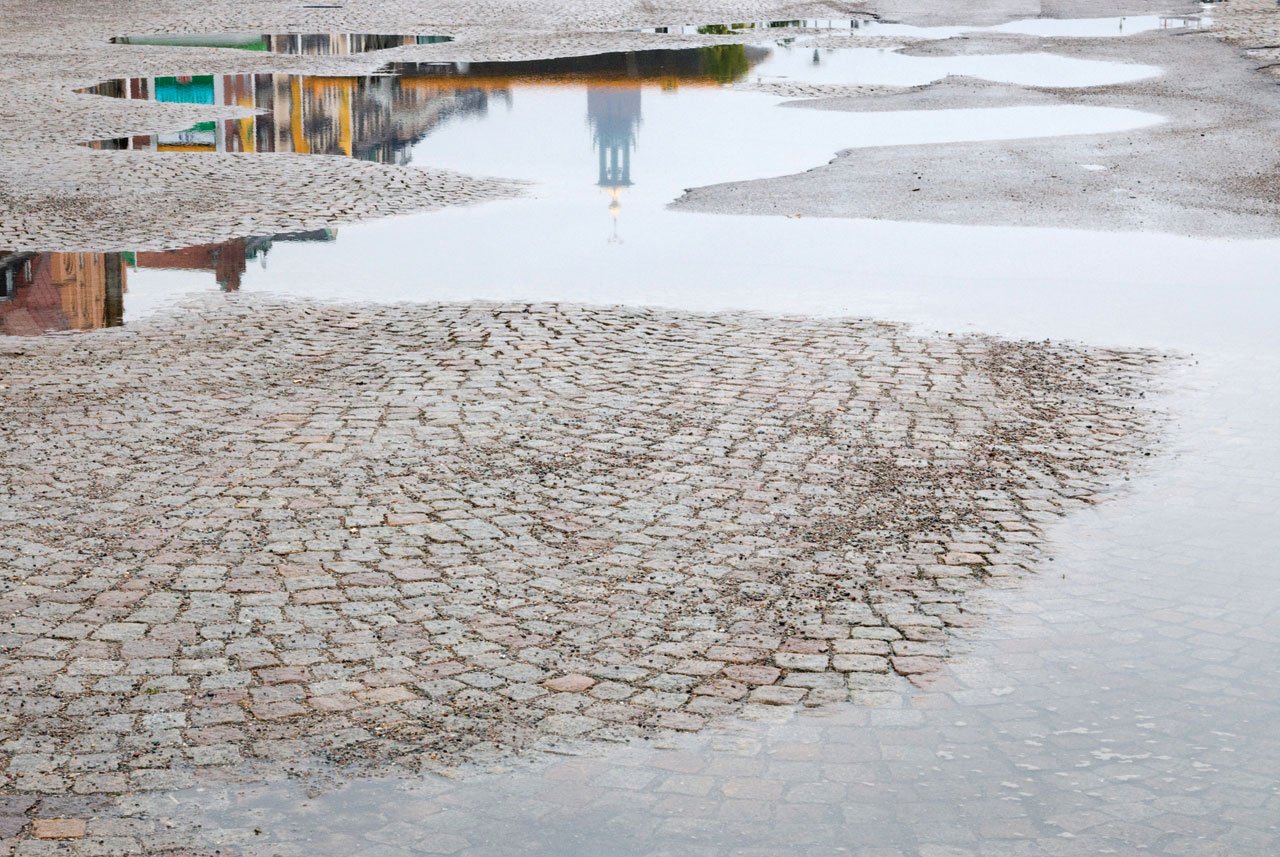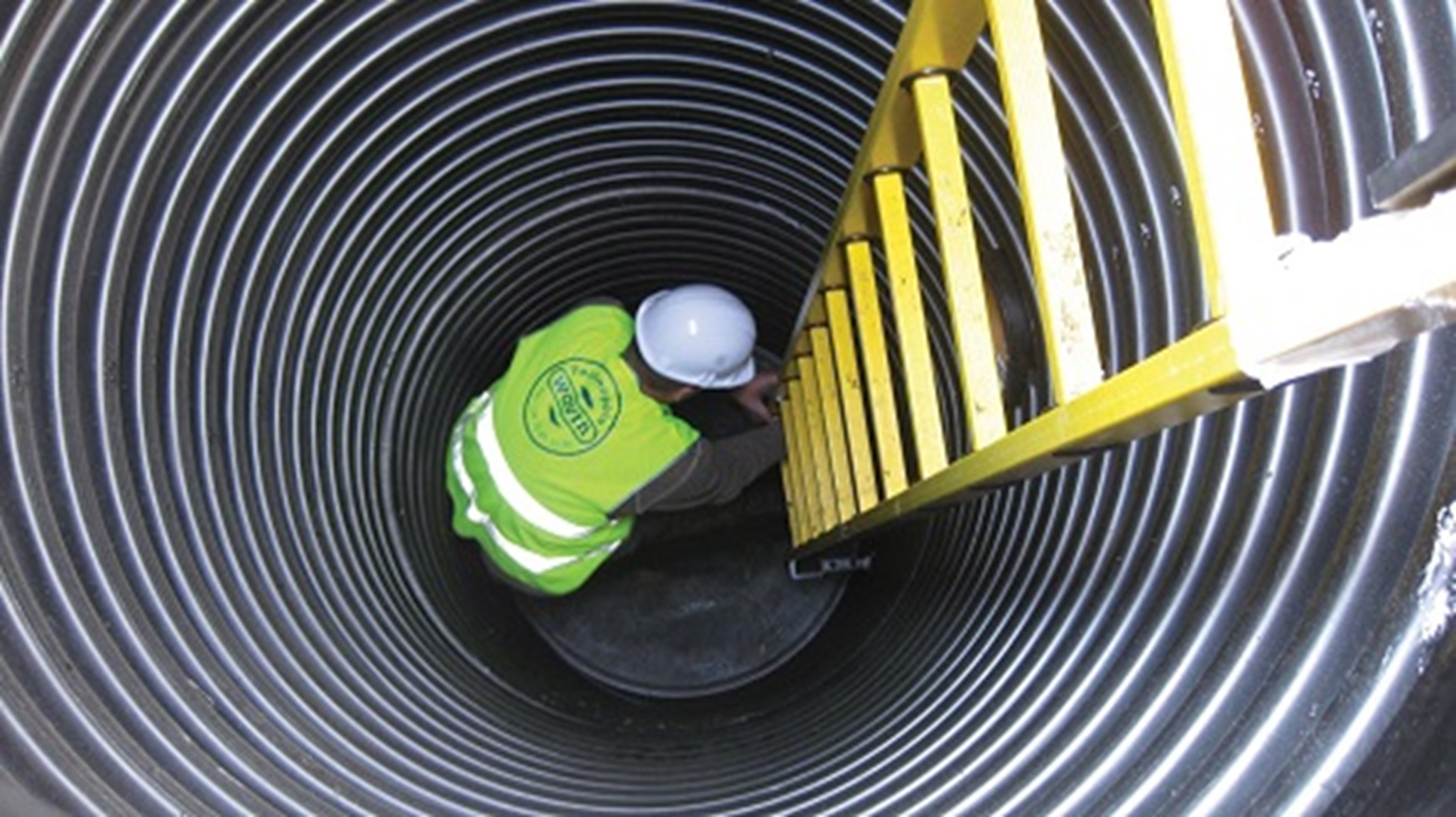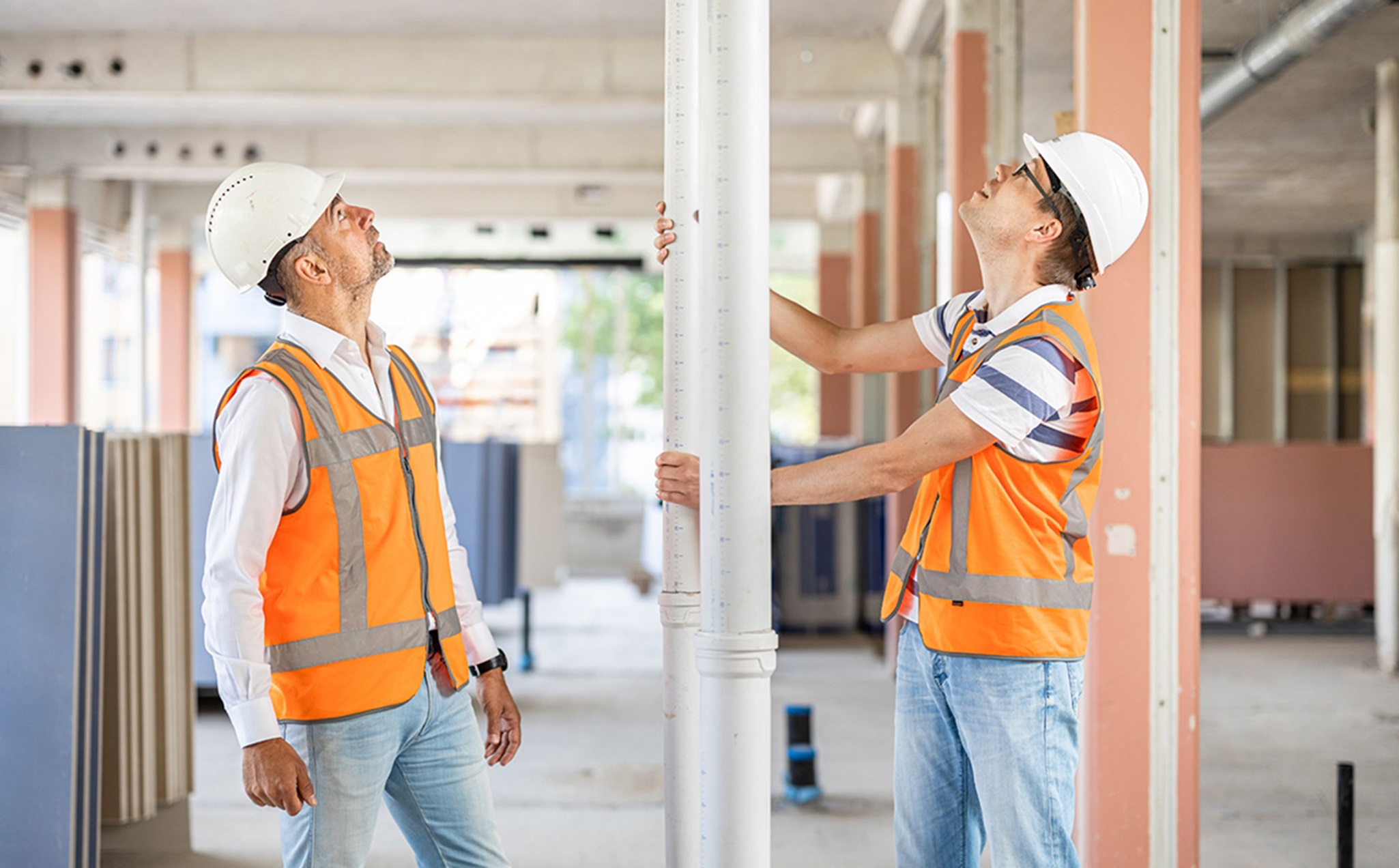Rehabilitation for St. George's Building, Hong Kong
In the face of global warming, cities worldwide are confronted with increasingly severe climate challenges, including unprecedented rainfall, extreme heat waves, and harsh winter conditions. Safeguarding the liveability and safety of our cities has become a paramount concern. As our population continues to grow, it is imperative that we adopt sustainable practices to reduce our reliance on rapidly depleting natural resources.
How is a seawater-based cooling system a sustainable option?
Since seawater maintains a relatively constant temperature year-round, particularly at deeper ocean depths, this consistent thermal stability renders it a dependable cooling medium that delivers consistent cooling performance unaffected by seasonal fluctuations. So, when it comes to keeping establishments safe from extreme hot conditions, especially those in the coastal areas, seawater-based cooling systems prove to be a cost-effective and environmentally sustainable alternative. However, it is crucial to acknowledge that ageing and poor-quality pipes in such cooling systems can result in inadequate water flow, insufficient water pressure, and an overall compromised water distribution system. To address these challenges effectively and avoid potential disasters, the replacement of ageing pipes with reliable and compact pipe systems becomes the optimal choice.
Why the Wavin Compact Pipe system was chosen to rehabilitate the ageing seawater cooling main at St. George’s Building (Central Hong Kong)
The existing cooling mains at St. George's Building had been adversely affected by corrosion, resulting in leakages and service disruptions that significantly impacted the building's performance. It was imperative to address this issue promptly and find a reliable solution that would minimize disruptions while offering ease of installation and repair, all within a sustainable framework. Considering the specific requirements of the project, which involved rehabilitating a ductile iron pipe with multiple bends inside a pipe gallery tunnel located 10 meters below ground, a solution was needed that would ensure minimal disruption and provide a reliable and efficient installation and repair process.
The Wavin Compact Pipe proved to be the ideal choice for this rehabilitation project. The extended length of the Wavin Compact Pipe reduced the need for joints, simplifying the installation process and minimizing potential points of weakness. Additionally, the trenchless installation method employed contributed to faster project completion while delivering a more robust and long-lasting solution.
Furthermore, to carry out the rehabilitation work, the services of Pfeiffer, a licensed installer of Wavin products, were engaged. This ensured that the existing system could be rehabilitated by a team experienced in working with Wavin products, further enhancing the reliability and quality of the project.
By selecting the Wavin Compact Pipe system and engaging trusted professionals for its installation, the rehabilitation of the ageing seawater cooling main at St. George's Building was successfully executed, addressing the issues of corrosion, leakage, and service disruptions while providing a sustainable and long-lasting solution.




Benefits of Wavin Compact Pipes
- Minimal disruptions: Wavin Compact Pipe is ideal for installations with minimal disruption to daily life and traffic as there is little need for digging trenches.
- Continuous lengths: Wavin Compact Pipe is factory-folded and wound in continuous lengths on steel drums for installations without the need for joints.
- Trenchless installations: Wavin Compact Pipes are ideal for trenchless installation in old, damaged piping to restore gas supply, water supply, and industrial effluent pipelines.
- Leak-tight joints as standard: Wavin Compact Pipes are electro-fused or butt-fused to existing pipelines for leakproof connections in pressure pipelines.
- Durable and cost-effective: Wavin Compact Pipes are made of high-temperature-resistant PE100-RT (Raised Temperature), PE100 or extremely strong PE100-RC (Resistance to Crack) for various applications. The Compact Pipe® PE100 pipes are operationally reliable for 80 years while the reliability for PE100-RC pipes is 100 years.
Related Link:
Related content










